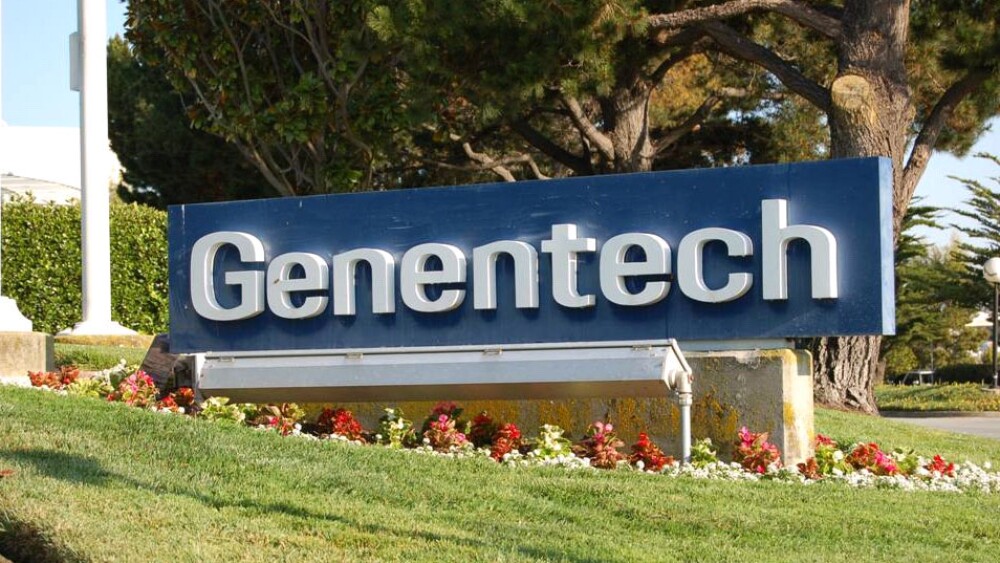June 26, 2017
By Mark Terry, BioSpace.com Breaking News Staff
South San Francisco – Genentech , part of the Roche Group, announced positive data from its Phase III HAVEN 1 trial in adults and adolescents, as well as interim analysis of the Phase III HAVEN 2 trial in children, of emicizumab for hemophilia A.
The Phase III Haven 1 study evaluated emicizumab prophylaxis with on-demand and prophylactic use of bypassing agents (BPAs) in adults and adolescents with hemophilia A with inhibitors. The primary endpoint was treated bleeds. The trial showed a statistically significant and clinically meaningful drop in bleed rate of 87 percent with emicizumab compared to on-demand BPAs.
Interim results from the HAVEN 2 trial in children younger than 12 years of age with hemophilia A with inhibitors who received emicizumab prophylaxis were consistent with positive results from the HAVEN 1 trial. Only one of 19 children receiving emicizumab reported a treated bleed.
The news may give Roche a shot at the $11 billion-per-year hemophilia drug market. It is currently dominated by drugs from Novo Nordisk and Shire . Jefferies analysts think it could have peak sales of $5 billion.
“If a full presentation of the data at the ISTH reassures on safety, our mid-term EPS estimates and valuation could increase by 2 percent to 4 percent,” Jefferies analyst Jeffrey Holford wrote in a new to investors.
However, some analysts are concerned about side effects in Roche’s studies, including damage to blood vessels in vital organs, known as microangiopathy. Stefan Schneider, an analyst with Bank Vontobel, wrote in a note that, “From a safety perspective, treatment with this drug will require physicians to carefully manage the use of bypassing agents.” The results “could limit uptake.”
Roche expects to file with the U.S. Food and Drug Administration (FDA) this year, with additional submissions in 2018 for patients without resistance to inhibitors.
Tim Race, an analyst with Deutsche Bank, isn’t as optimistic about the drug’s chances in the market. “Current therapy in the non-inhibitor setting provides a very high hurdle to new entrants and we believe emicizumab’s less than perfect efficacy and observed thrombotic events will temper enthusiasm for the drug,” Race wrote in a note.
John Carroll, writing for Endpoints News, said, “The drug remains one of Roche’s top Phase III prospects and one of the potentially most valuable orphan products now in the late-stage pipeline. Evaluate-Pharma has estimated 2022 sales at close to $1.5 billion with the most optimistic analysts ready to multiply that by at least two. With Roche’s PD-L1 checkpoint drug Tecentriq came under a cloud after failing a Phase III, success on this score is critical.”
Adverse reactions were observed in five percent or more of patients in the trials, with the most common being injection site reactions, headache, fatigue, upper respiratory tract infection and arthralgia. However, there had been serious adverse events of thromboembolic events (TE) and thrombolic microangiopathy (TMA) in two and three patients, respectively. The TE and TMA events were linked to repeated high doses of a BPA, activated prothrombin complex concentrate.
Carroll writes, “Back in February Roche rattled its most bullish followers on this drug with the report that a patient died from a rectal hemorrhage after being treated with emicizumab and a bypassing agent during a breakthrough bleeding episode. The incidents were attributed to the BPAs.”





